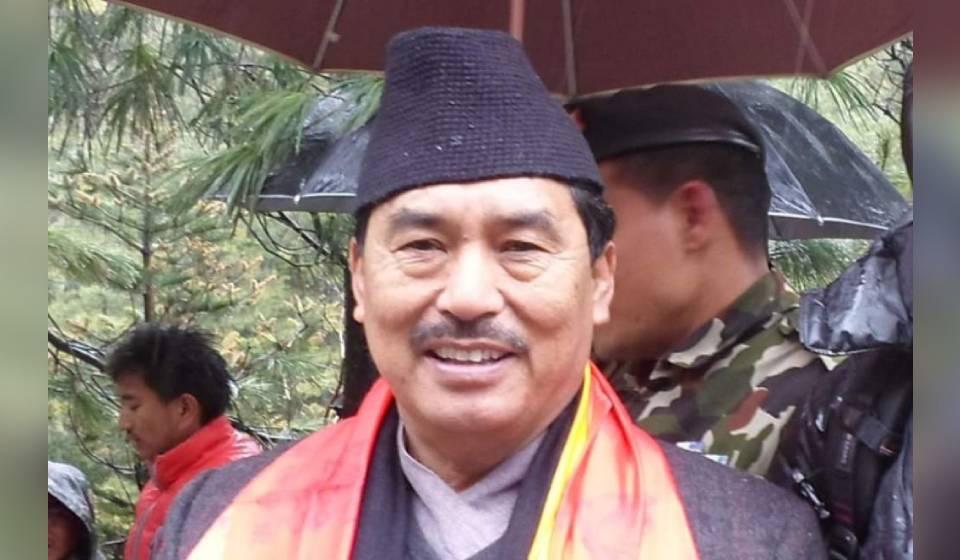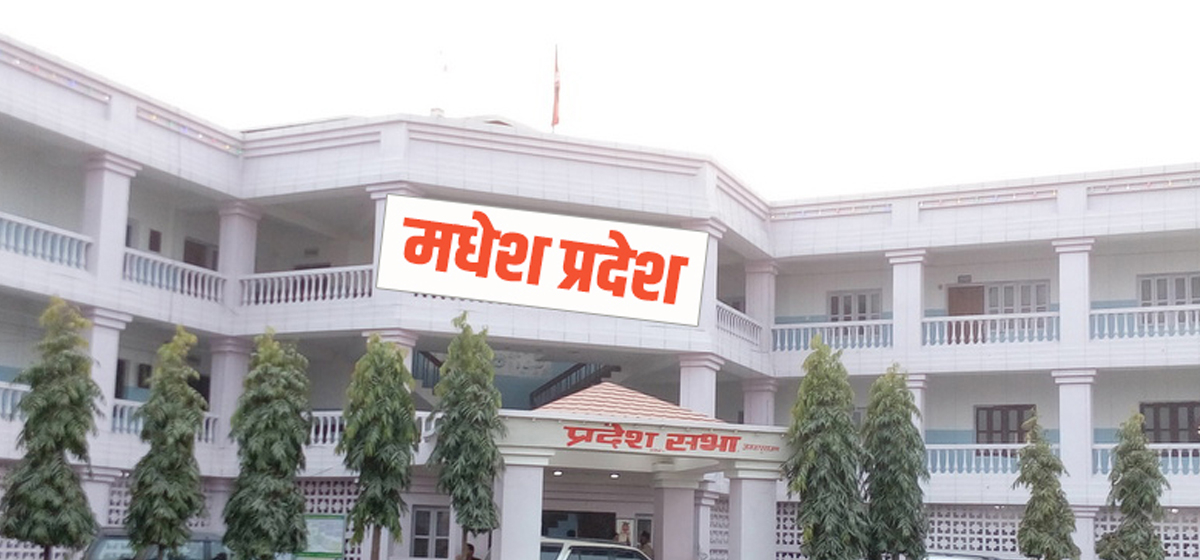
OR
More from Author
Government change is a normal practice in a parliamentary system. Recently Britain and France have witnessed the change in government after elections for parliament and president. However, core principles of foreign policies still remain intact. As is evidenced by historical facts, Nepal does not have a consistent foreign policy. With the change in government, foreign policy also gets affected. Now, people in Nepal are worried about the possibility of the same history repeating itself again with the change of government and Sher Bahadur Deuba becoming the new Prime Minister. Such skepticism is generated because of past records, which show change in core policy of Nepal after the change of government. Whether the replacement of Prachanda-led government by Deuwa-led one will uphold the previous agreements reached with China, is a question frequently raised in Nepali intelligentsia.
Prachanda –led government signed the Memorandum of Understanding( MoU) on OBOR with China on May 12, opening Nepal’s access to Central Asia and Europe. It is a historic achievement for Nepal to be free from its land locked position. MoU has created framework for the mutual cooperation between Nepal and China. OBOR offers opportunity for Nepal to have global exposure for trade. Nepal can have connectivity to sea and trade for its products to China, Central Asia and Europe, reducing trade deficit and increasing GDP.
OBOR is not directed against any other country because in this interdependent world no country can remain dependent on a particular nation. It conforms to the concept of globalization and interdependence. It rejects the idea of protectionism and unilateralism. It will promote the values of multipolar world where countries cooperate with each other on the basis of win-win formula. OBOR is not a military alliance so there is no room to doubt that it will make an undesired interference in other countries’ internal affairs. Chinese President has repeatedly clarified that China does not want to export its social system to other countries. He is on record for declaring that OBOR is project of the century.
Opting for OBOR for Nepal is a question of national interest in the context of Nepal becoming the founder member of Asian Infrastructure Investment Bank (AIIB). Nepal needs infrastructural development for railways, roads, hydropower, airport building and other sectors for which AIIB will make an investment as per the need. It will help us achieve the national goal of securing the double digit GDP by 2030. Keeping in mind the long term benefit for the country, the present government is expected to give continuity to the policies of previous government, particularly the OBOR agreement and the trade and transit treaty inked with China during K P Oli’s government.
It is for Nepal to act wisely and tactfully to gain maximum benefit from the OBOR agreement because unless implementation part gets executed well, no treaty and agreement can yield desired result. So, OBOR offers not only opportunities but also challenges for the new government. They include prioritizing the area of investment and development that could bring in fruits for the people in the immediate future. With the development of infrastructure, Nepal can attract more foreign tourists, one of the main stages of Nepal’s economy. Small countries like Singapore and Malaysia invite over ten million tourists annually whereas Nepal’s record is below one million per annum.
OBOR can open avenues in education sector too. On the one hand, more Nepali students will get scholarship for their higher studies in China. On the other hand, China can help us build world class technical universities through OBOR. We are lagging behind in development mainly because of our poor education system. We do not have any university ranking even among top two hundred universities in the world. So our agreement on OBOR should be utilized to create world class education institution, especially in technical sector.
The Deuba- led government should carry out its responsibilities cautiously and maximize Nepal’s benefit by utilizing the opportunities offered by OBOR. It does not mean that Nepal should give less priority to other countries including India. We should stand firm on our commitment to the OBOR agreement while perpetuating our efforts to establish and deepen our economic relations with other countries. For example, Nepal can be a bridge between China and India and OBOR could link even India’s Buddha Circuit concept. Once China and India meet at Lumbini, tourists of both countries will pass through Nepal and then enrich the tourism economy of all three countries. It will lead to trilateral cooperation among three countries and connect the people culturally too. It will mitigate the sense of mistrust and misunderstanding prevailing in these countries. It will be a landmark development for the rise of Asia in twenty first century. The new government should not miss such an opportunity bestowed upon it by geopolitical reality.
You May Like This

Province 3 CM calls for change in work style change for positive results
HETAUDA, Feb 19: Chief Minister of Province 3, Dormani Poudel, has said the change in attitude and work style was... Read More...

Alley-Oop for change
Persons with disabilities face insurmountable challenges in Nepal and so far no advocacy work has been effective enough to bring... Read More...

Messi says coach Guardiola will change Man City for the better
BARCELONA, Nov 1: FC Barcelona striker Lionel Messi has said he was confident his former coach Pep Guardiola would succeed in... Read More...

Just In
- Russia warns NATO nuclear facilities in Poland could become military target
- 16th Five Year Plan: Govt unveils 40 goals for prosperity (with full list)
- SC hearing on fake Bhutanese refugees case involving ex-deputy PM Rayamajhi today
- Clash erupts between police and agitating locals in Dhanusha, nine tear gas shells fired
- Abducted Mishra rescued after eight hours, six arrested
- Forest fire destroys 13 houses in Khotang
- First meeting of Nepal-China aid projects concludes
- Lungeli appointed as Minister for Labor and Transport in Madhesh province govt

















Leave A Comment